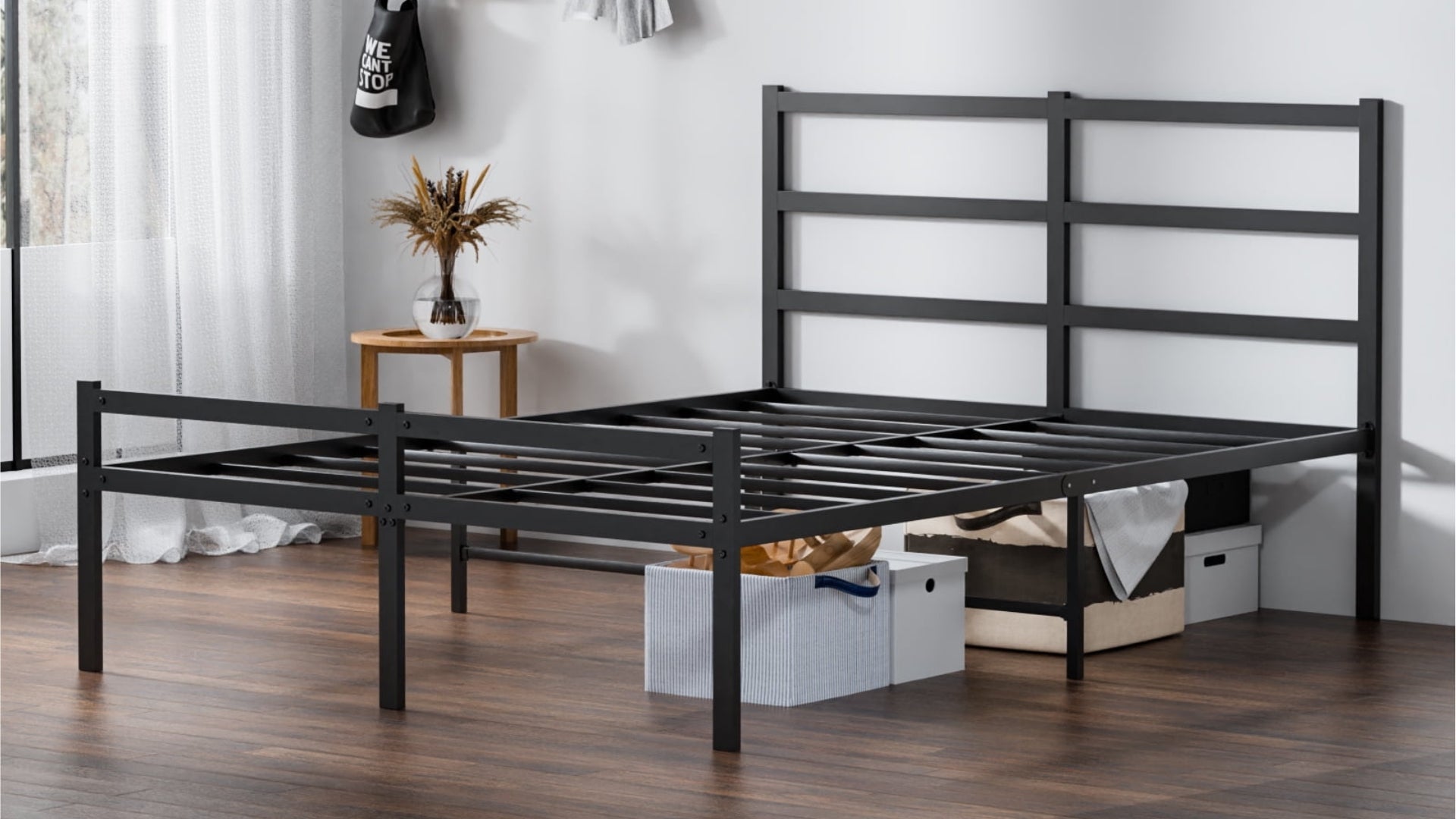Sleep is more important than ever. Yet, many of us find getting a good night's rest hard. One reason could be blue light. The screens we stare at all day-from phones to computers-emit blue light, which could be affecting your sleep more than you realize. But what is blue light, and why is it disrupting your sleep?
What is Blue Light?
Blue light is a type of visible light that the human eye can perceive. It's not all bad-natural blue light from the sun helps us stay awake and alert during the day.
At night, however, blue light from artificial sources, such as smartphones, tablets, and LED bulbs, disrupts your body's ability to relax. This disruption makes it difficult to get ready for sleep, as it fools your brain into believing it's still daytime.
How Does Blue Light Affect Your Sleep?
Blue light and sleep don't mix well, especially when trying to wind down after a long day. Your body follows a natural sleep-wake cycle known as the circadian rhythm. This internal clock signals when it's time to sleep or wake up. Melatonin, a hormone that helps you sleep, plays a key role in this process.
But here's the problem: blue light exposure at night reduces melatonin production. Exposure to blue light from screens at night disturbs your sleep, leading to difficulty falling asleep. According to experts, too much blue light before bed can lead to trouble falling asleep and staying asleep. It's one of the reasons why many people struggle with sleep disorders like insomnia.
Common Sources of Blue Light Exposure at Night
It's not just your phone that's affecting your sleep. Many modern devices and light sources give off blue light. Here are some common culprits:

- Electronic Devices: Smartphones, laptops, tablets, and TVs emit a lot of blue light, a significant cause of sleep problems today.
- LED and Fluorescent Lighting: Energy-efficient bulbs in most homes emit more blue light than you might think. Keeping lights on bright in the evening signals your brain to stay awake.
How Blue Light Can Harm Your Sleep Health
The connection between blue light and sleep is more than just missing a few hours of rest. Constant exposure to blue light, especially late at night, can lead to chronic sleep deprivation. Not getting enough sleep has been connected to significant health risks such as heart disease, obesity, and diabetes.
In the long run, poor sleep quality impacts physical and mental well-being. Sleep deprivation can increase stress, anxiety, and even depression. So, managing blue light exposure is crucial to improving sleep health and overall wellness.
How to Reduce Blue Light Exposure Before Bed
Luckily, there are many ways to reduce blue light exposure and help your body get the sleep it needs.

- Limit Screen Time: Avoid using phones, tablets, or computers at least an hour before bed. If you need to use them, consider switching to "night mode," which reduces the blue light on your device. This simple change can make a big difference in your sleep routine.
- Use Blue Light Glasses: These glasses block blue light, making them ideal for nighttime screen use. They can filter out the harmful blue light that interferes with sleep and help you wind down properly.
- Adjust Your Lighting: Using warmer, dimmer lights in the evening signals your body to relax and get ready for sleep.
- Take a Digital Detox: Consider a bedtime routine that doesn't involve screens. Taking a warm bath, practicing meditation, or reading can provide relaxation without the disruptive effects of blue light.
Time to Take Control of Your Sleep!
It's clear that blue light and sleep don't mix well, but the right habits can make a big difference. Key tips to help you sleep include reducing blue light exposure, using blue light glasses, and creating a bedroom environment that supports sleep.
It's crucial to create a bedroom environment that encourages restful sleep. Blissful Nights offers products like adjustable beds, helping you relax comfortably without needing screens. Our sleep accessories, like pillows and mattresses, are designed to enhance comfort and refresh you.
Frequently Asked Questions
Does blue light affect everyone the same way?
Blue light can affect individuals differently based on their sensitivity to light and how much time they spend exposed to it. Some people may notice more significant disruptions in their sleep patterns, while others may be less affected. However, reducing blue light exposure before bed can benefit everyone's sleep health.
Can blue light exposure during the day improve alertness?
Yes, exposure to blue light during the day, mainly from natural sunlight, helps regulate the body's circadian rhythm and promotes wakefulness. It boosts alertness, mood, and cognitive function, making it a natural way to stay energized throughout the day.
Can natural light bulbs help reduce blue light in the home?
Yes, switching to light bulbs that mimic natural daylight or warmer-toned bulbs can help reduce blue light exposure in the evening. These bulbs emit less blue light, creating a more calming environment for winding down and promoting better sleep.





Leave a comment
This site is protected by hCaptcha and the hCaptcha Privacy Policy and Terms of Service apply.